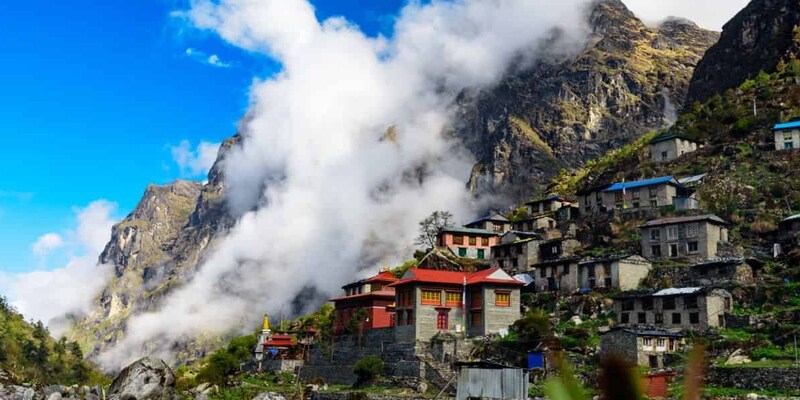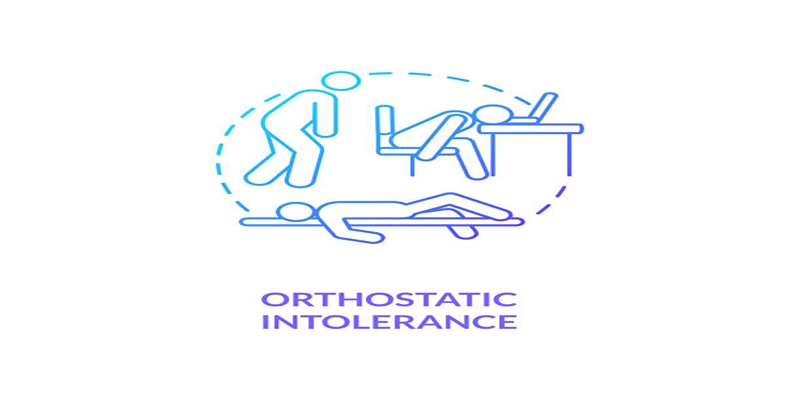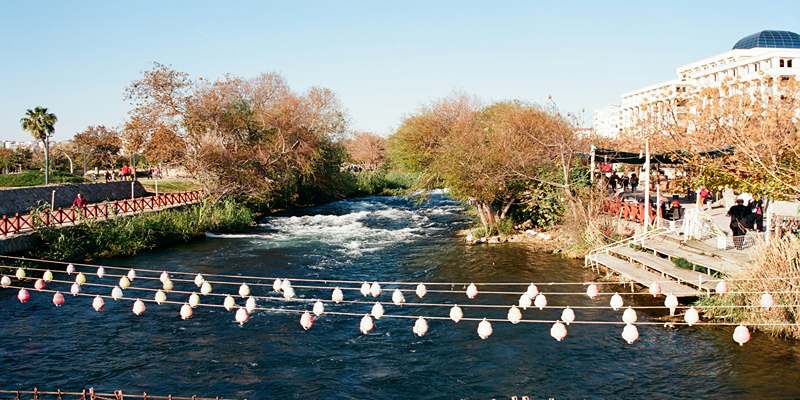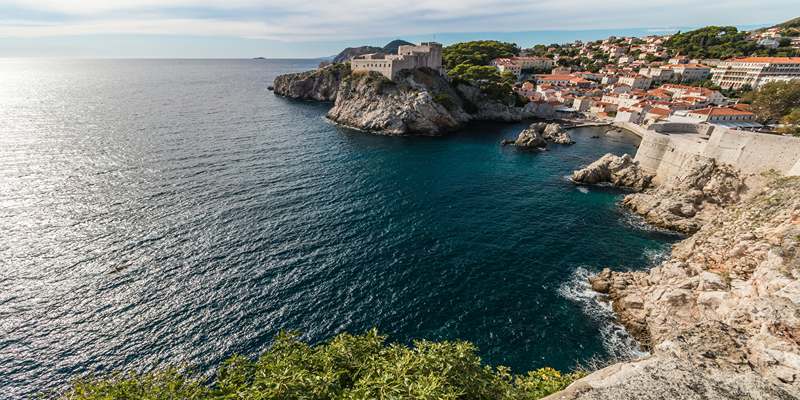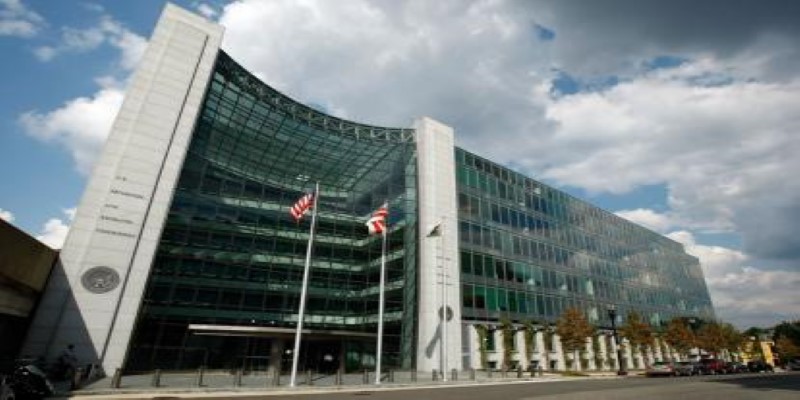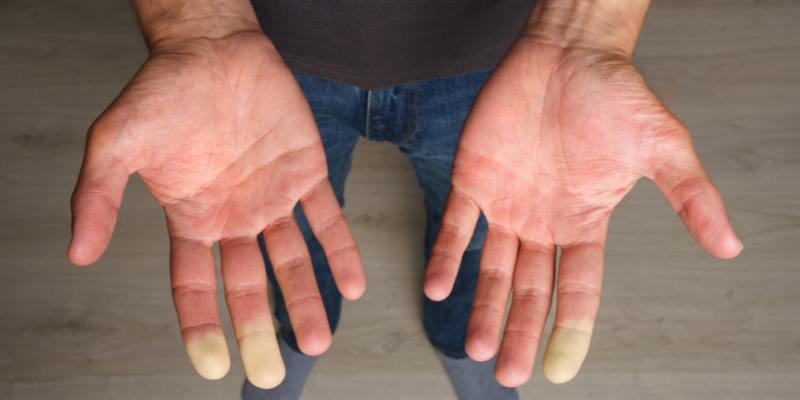Living in Bulgaria: A Guide for Expats
Bulgaria is another Southeastern European country of great beauty that has steadily been rising to the occasion in accommodating the increasing influx of foreigners looking for a new home. Relatively cheap, friendly people, and beautiful nature, whether natural or man-made attractions, make it convenient for tourists and residents. Whether you are migrating to Bulgaria for a job, to retire, or just for a change of scenery, this guide will give you the basics of what it takes to live a comfortable life in Bulgaria.

Why Bulgaria is an Attractive Destination for Expats
That is why Bulgaria has several features that are beneficial for expats. The first social factor that attracts people to the country is the affordable cost of living as compared to other European counterparts. Housing costs, food, and most services are cheap, and this makes it possible for people to live on little income. Indeed, Bulgaria has been on the top list of the cheapest countries to live in in the European region.
Finding Accommodation in Bulgaria
Renting a Property
It is easy to rent a property in Bulgaria. Consequently, there is a great variety of rental offers in the major cities, such as Sofia, Plovdiv, and Varna—both in the central part of the city and in the outskirts where families prefer to rent houses. Some of the expats stated that they like to live in Sofia because the city has modern infrastructure and different services.
They are much lower than in Western Europe; thus, rental costs are also moderate. For instance, you can rent a one-bedroom apartment in Sofia for between €300 and €500 per month. If you are living in a small town or out in the country, the rent can be much less.
Buying a Property in Bulgaria
In the long term, residing in Bulgaria, one might want to invest in a property. There are restrictions on property and the property market, while foreigners are allowed to invest in property in Bulgaria but not land. In order to purchase property, one has to incorporate a Bulgarian company or obtain special permits, more specifically if you are a non-EU citizen.
The price that one has to pay for a property in Bulgaria is still relatively low, which is why many expats are considering the country for purchase. There are homes within urban areas, close to the beach or sea, or in the countryside. One should hire a local lawyer and a competent real estate agent in order not to be scammed in the transaction process.
Navigating the Healthcare System in Bulgaria
Public Healthcare for Expats
If you are an expat, you can obtain Bulgaria’s public health insurance if you are a resident of Bulgaria or if you are employed in the country. The public system is cheap and has inexpensive consultation fees and treatment costs. However, the disadvantage of this is that patient waiting time may take a long time, and sometimes, the doctors as well as the staff may not understand English very well.
To get the right to receive the public health care services, the person has to become a member of the National Health Insurance Fund (NHIF), which covers the medical costs. This is compulsory for all the residents working in Bulgaria. Other expats who are not covered by their employers can select private health insurance.
Private Healthcare and Insurance
As for most of the expats, they tend to utilize private facilities because often the provided services at such clinics are faster and the conditions are better. The private healthcare in the country is excellent, with good hospital facilities and highly skilled human resources. But private healthcare is comparatively much more expensive than the public facilities.
Thus, for those who choose private healthcare, it is recommended to buy private health insurance for the payments. Bulgarian private health insurance companies include DallBogg, UNIQA, and Euroins. These companies have provided plans that will suit the expatriates.
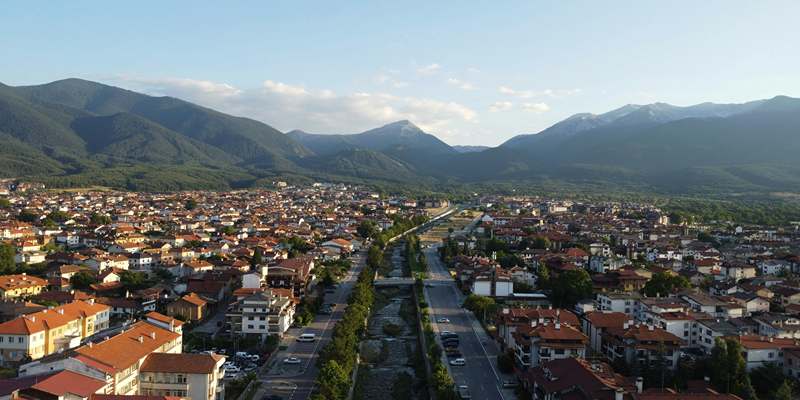
Understanding the Bulgarian Culture and Lifestyle
Social Etiquette and Customs
In fact, Bulgarians have their own rather peculiar traditions, and familiarizing oneself with them has a great chance of contributing to one’s successful assimilation. For instance, while greeting an individual, the right thing to do is to bring your right hand in front of the individual with the other hand extended to offer the handshake and then look directly into their eyes. It will also be important to have a friendly facial expression and to be polite. Bulgarians are generally polite, and they are more so with the older generation.
Popular Activities and Leisure
The country of Bulgaria provides almost all types of activity for the expatriates who like to go out or those who have interest in culture and tradition. The country has beautiful mountains, such as Rila and the Pirin Mountains, for hiking, skiing, and generally exploring the outdoor environment. Bulgaria’s Black Sea coast is also blessed with wonderful sandy beaches through which you can sunbathe, take a swim, and engage in water sports.
Managing Your Finances and Taxes in Bulgaria
Banking and Currency
Currently, the official currency in Bulgaria is the Bulgarian lev, expressed in BGN. Such money as the euro and US dollar can be exchanged in banks or in exchange bureaus, but they can have different rates. Most shops, restaurants, and hotels accept credit and debit cards in many areas of the world.
In order to open a bank account in Bulgaria, the person needs to provide documents confirming his residence and identity. Some of the common banks are UniCredit Bulbank, DSK Bank, and Raiffeisen Bank, through which many expats avail themselves of their services.
Taxes and Employment
Bulgaria’s tax structure is rather less complicated when compared with other countries. Corporate income tax is low, and the individual income tax is a flat rate of 10%. Thus, Bulgaria remains one of the least taxed countries in the European Union and is especially favorable for newcomers and businessmen.
Conclusion
Living in Bulgaria offers a unique and rewarding experience for expats, with its beautiful landscapes, affordable lifestyle, and friendly locals. By understanding the local culture, navigating the healthcare system, managing your finances, and connecting with other expats, you can enjoy a fulfilling life in this charming Balkan country. Embrace the adventure, and Bulgaria will undoubtedly offer you a warm and welcoming home.

